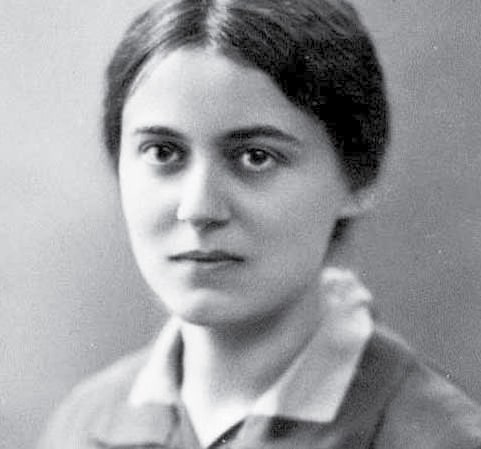Sociologist and philosopher Zygmunt Bauman described modern society as fluid. Traditions and truths held as absolute seem to be crumbling today. Is there something that does not change? Greek philosopher Heraclitus said the only thing that is permanent is change. Amid the rubble of the Second World War, a school of thought in psychology emerged called Logotherapy, promoted by Victor Frankl who wrote about it when he was in a Nazi concentration camp in his book A Psychologist in the Lager. He also wrote Man’s Search for Meaning which has helped many people throughout the world discover this existential need of every human person. Frankl once wrote that even if all held traditions fall, men and women’s search for meaning would always be there as he or she wakes up in the morning. If a person sees and goes beyond the meaning of death, guilt and suffering (which Frankl called the “tragic triad”), they become new life, improvement, change and offering – a tragic optimism.
Death gives meaning to life, knowing that our days are numbered. A person then improves his or her life, and the world. We become conscious that we have only one life and one Earth to live in. Guilt is transformed to better one’s conditions and not repeating the mistakes committed in the past, and suffering becomes an oblation, an offering, in the Christian sense, as one believes in its redemptive value.
We have seen this sense of transcendence at work in Philippine society today. After the elections, we see a movement of volunteerism rising. The heavy and gloomy feeling of many has been turned into a brilliant initiative, an opportunity to help more those on the margins of society. We see a servant leadership that, despite the disinformation spreading around, is clearly understood and, at last, appreciated: concretely helping and educating our people on the principles of truth and justice. Despite the result of the elections, these noble principles continue to inspire our people, especially the youth. They have found a reason to strengthen their commitment to work for the common good, turning it into a motor to effect change in society.

Great people in history are no strangers to failure. Christ Himself seemed to fail in His mission when he felt forsaken and died on the cross. Mary experienced desolation, seeing her beloved Son’s life come to an end. Christians throughout the centuries have experienced persecution from empires and dictatorial regimes. In the Second World War, Edith Stein (St. Teresa Benedicta of the Cross), newly proclaimed saint Titus Brandsma and young Anne Frank suffered oppression and injustice, but continued to lead honorable lives until their death. History has judged them worthy of recognition and emulation by people of all ages and walks of life.
In her ode to Jesus Forsaken on the cross “I have only one spouse on earth,” Chiara Lubich wrote: “I shall pass as a fire that consumes all that must fall and leaves standing only the Truth.” This Truth is none other than Love to the utmost, giving one’s life, even loving one’s enemies and praying for those who persecute us. This kind of love has, time and again, changed the course of history, and it will continue to do as long as people learn to transcend every suffering, focusing their energies on building a better world where truth and justice reign.




